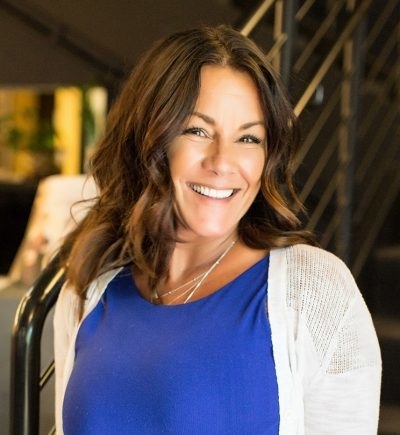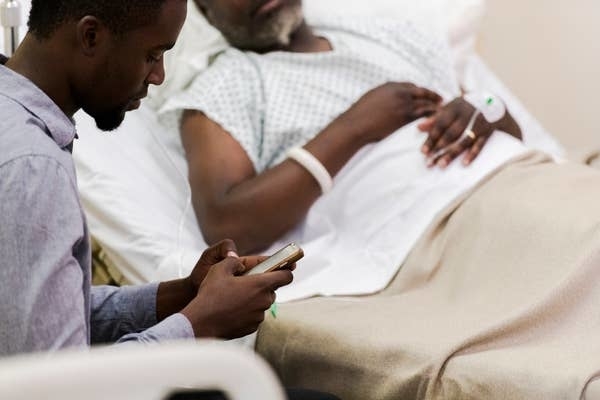feel out how to navigate the process of being a millennial health care provider , and learn about what to have a bun in the oven if your loved one has promote non - small cellphone lung cancer ( NSCLC ) .
Many adults with health conditions rely on family caregivers to offer them support. In the US, about1 in 4 caregivers is a millennial.
One diagnosis millennial caregivers may need to navigate is advanced non-small cell lung cancer (NSCLC).
This is why it’s important that millennial caregivers feel empowered to advocate on behalf of their loved ones with advanced NSCLC.
But navigating advanced NSCLC can be daunting, and millennial caregivers often face unique challenges.
Danielle Hicks, chief patient officer atGO2 Foundation for Lung Cancer, became a millennial-aged caregiver when her mom was first diagnosed with NSCLC in 2003.
Here are her best tips for managing a diagnosis as a caregiver.
1.Record all appointments with doctors so you can fully understand the treatment process.
2.Keep up on your research so you know what questions to ask your loved one’s doctor and the next steps to take.
3.Take care of yourself by relying on family, caregiver community groups, or whatever else works for you.
Being a millennial caregiver can be difficult, but you don’t have to do it alone. Learn about a treatment option for advanced NSCLChere.
© 2023 Bristol - Myers Squibb Company . ONC - US-2300416 10/23







